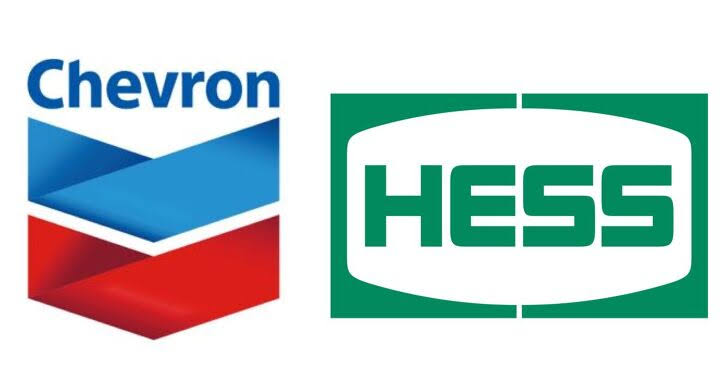KEY POINTS
- FTC approves Chevron’s acquisition of Hess, barring Hess CEO from board.
- FTC raised concerns about John Hess’s communications with OPEC influencing Chevron’s production.
- Merger still faces a legal challenge from Exxon Mobil and CNOOC regarding Hess’s Guyana assets.
The U.S. Federal Trade Commission (FTC) has approved Chevron’s $53 billion acquisition of Hess Corp but imposed conditions preventing Hess CEO John Hess from joining Chevron’s board. The deal, announced last year, faced several regulatory challenges, and John Hess’s involvement became a focal point.
Hess barred from Chevron board
Chevron originally offered John Hess a board seat as part of the proposed acquisition, but the FTC’s decision stopped him from joining. Chevron CEO Mike Wirth welcomed the FTC’s clearance but expressed disappointment at Hess’s exclusion. “I have the utmost respect for John, the company he has built, and the contributions he has made to our industry,” Wirth said.
The FTC’s concerns stemmed from Hess’s public and private communications with the Organization of the Petroleum Exporting Countries (OPEC). The regulator argued that allowing Hess to join Chevron’s board could potentially align Chevron’s production strategy with OPEC, risking anti-competitive behavior.
According to the FTC, such an alignment could result in production being restricted to maintain higher global oil prices.
In response, Hess Corp dismissed the allegations as unfounded, claiming that Hess’s interactions with OPEC officials were similar to his communication with U.S. government and International Energy Agency officials, all aiming to facilitate an orderly energy transition.
Further challenges and regulatory scrutiny
The FTC’s stance on Hess follows a similar decision involving Scott Sheffield, former CEO of Pioneer Natural Resources. Sheffield was also barred from joining Exxon Mobil’s board after Exxon acquired Pioneer.
The FTC sees these decisions as ensuring U.S. oil producers remain independent from external influence like OPEC, in an attempt to foster a competitive oil market.
Despite the FTC approval, the merger still faces a challenge from Exxon Mobil and CNOOC Ltd, Hess’s partners in a joint venture in Guyana. According to Reuters, they argue that they have the right of first refusal to any sale of Hess’s Guyana assets. A three-judge arbitration panel will consider the case in May 2025, with a decision expected by August or September.
The deal comes at a time when several large mergers are reshaping the U.S. oil and gas industry. The Chevron-Hess acquisition, which is an all-stock transaction, is one of the biggest in the ongoing wave of consolidation. The FTC order will allow John Hess to act as an advisor to Chevron on discussions with Guyanese officials, despite being barred from the board.
Split commission vote
The FTC’s approval was not unanimous. The agency’s two Republican commissioners voted against the action, calling it politically motivated and lacking a solid antitrust basis.
“The proposition that Mr. Hess’s comments could move global oil markets is laughable,” Commissioner Andrew Ferguson commented.
For now, Chevron and Hess must still await the outcome of the arbitration, which will determine whether the merger can proceed without further conditions from Hess’s partners in the Guyana joint venture.



